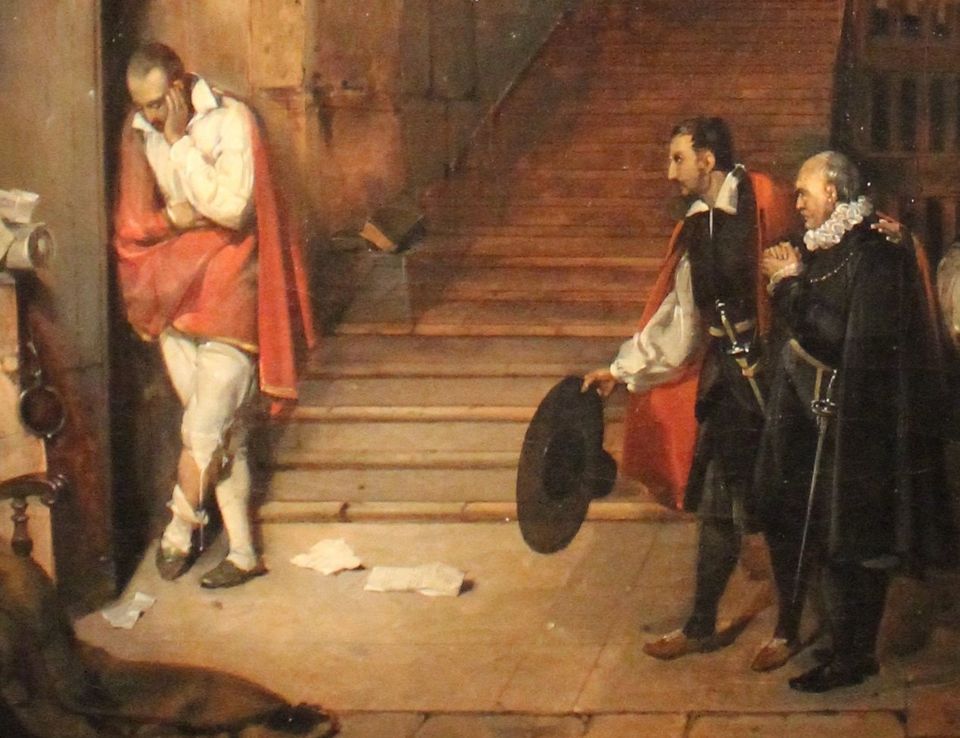Disconnected | Loneliness and the Rise of Parasocial Relationships

“One man runs to his neighbour because he is looking for himself, and another because he wants to lose himself. Your bad love of yourselves makes solitude a prison to you.” - Friedrich Nietzsche ¹
Men and women are lonelier now more than ever. Despite advancements in long-distance communication, there has been a slow, downward trend in close-knit relationships. Neighbors have become strangers, friends have become more like acquaintances, and families only gather when necessary. Indeed, since the electronic boom of the ‘90s, confinement to the bedroom, coupled with escapist entertainment via the Internet, video games, and smartphones a decade later, have transformed peaceful solitude into a prison of our own making.
A quick Internet search offers a plethora of statistical data on the loneliness epidemic. Those with low education and income tend to be lonelier than those with higher education and income.² ³ Men are lonelier than women in the workplace.⁴ 42% of millennial women are more fearful of loneliness than a cancer diagnosis.⁵ And Gen Z is considered the loneliest age group overall.⁶ These studies, along with many others, illustrate how prevalent family estrangement and friendlessness are and why social media has become the primary means of person-to-person interaction.
Consider the rise in parasocial relationships. Parasocial relationships are psychological kinships that individuals develop with media personalities. These can range from Hollywood celebrities, YouTube stars, Twitch streamers, TikTok influencers, or other personalities with a large enough following. In many ways, these relationships have outshined the dullness or even outright blinded us to the social presence of our friends and family. In today’s age, it’s not enough to just have friends—the only friends worth having are those in high places. Hence, anyone who is marginally more successful, entertaining, talented, or insightful than the average person will unknowingly become the best friend of many.
Impressionable boys and girls, in particular, are often the most vulnerable to these parasocial relationships. There is no shortage of crazy fans who go out of their way to get even within earshot of their favorite star. While fandom isn’t itself bad, it does indicate two peculiarities about those who engage in such behaviors. Firstly, a need to have common interests with others within the fandom, and two, based on those interests, a desire to forge an identity that signals their devotion. It’s fair to say that those who gravitate towards parasocial relationships have an underdeveloped inner life and tend to crave social validation.
Perhaps the antithesis of celebrity worship is hero worship, praising those who have proven their mettle by being role models rather than simply existing as idols. Internet dads who advise lost teens can be a godsend for those with no father. Online educators held in high esteem can teach various subjects in ways that no classroom teacher or college professor ever could. For some, the digital experience is simply another medium to keep in contact with others rather than an outright replacement of relationships altogether. But the degree to which these relationships are one-sided depends on the endemicity of loneliness within a society. In this case, the prominence of our digital lives subsumed within our actual ones directly affects how lonely or connected we feel. Our struggle today is finding the proper balance between the two.
Indeed, men will donate money to online E-girls to elicit positive reactions from them rather than interacting with real women out of fear of rejection. Women will take photos of themselves in risque attire and suggestive poses to receive attention and validation from anonymous men rather than develop an intimate relationship with them. Young boys will participate in online gaming to compete with their friends rather than meet in person to accomplish a tangible goal. Young girls will scroll through their social media feeds to follow and support global trends rather than volunteer in their local communities. In short, parasocial relationships are drifting us farther away from actual relationships by stretching our already tattered social fabric, and it won’t be long until one day it tears completely.
The solution is simple—unplug. Limit your time in the virtual world and start engaging in the real one. What matters most when it comes to your success in life is not what you achieve but what you contribute to others because of those achievements. Your relationships with others directly affect your relationship with yourself and vice versa. Although loneliness is greater among the youngest today, that doesn’t mean the future is without hope. Invest time with those you love and prioritize the people around you by engaging in your local community.
